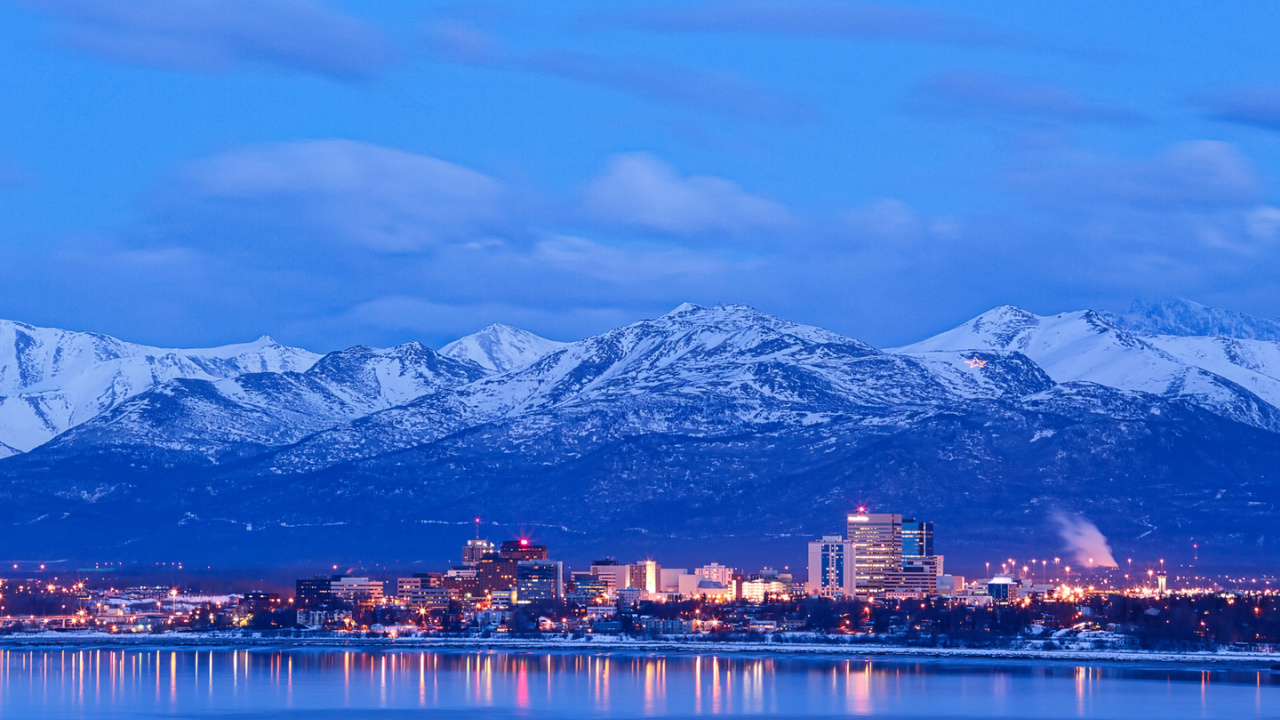

Imagine a world without the internet, a place where instant access to information and communication is no longer possible. While this might seem like a nightmare, it’s interesting to consider how life would change. I’m old enough to remember the days before we all got on the world wide web. We didn’t have cell phones. We had to entertain ourselves without screens and endless doomscrolling. If we lost the internet, it’d be interesting to see how quickly we’d all adapt to living that way again.
1. No Online Communication
Without the internet, email, social media, and instant messaging would vanish. We would have to rely on phone calls, letters, and face-to-face conversations to stay in touch. This could strengthen personal relationships but make long-distance communication more challenging. People might rediscover the joy of writing letters and the excitement of receiving them.
2. Return to Traditional Shopping

Online shopping would no longer be an option. People would need to visit physical stores to buy goods. This could lead to a revival of local businesses and increase the importance of customer service. Shopping trips might become more social events as people explore their local communities.
3. Limited Access to Information

Finding information quickly would become difficult without search engines. We would have to rely on books, newspapers, and libraries for knowledge. This might encourage deeper learning and critical thinking but slow down research and information gathering. People would need to become more resourceful and skilled in traditional research methods.
4. No Online Banking

Online banking and financial transactions would cease to exist. People would have to visit banks in person to manage their finances. This could lead to longer lines and waiting times at banks, but it might also improve personal interactions with bank staff. Managing money could become more secure but less convenient.
5. Decline in Digital Entertainment

Streaming services for movies, music, and games would disappear. People would return to physical media like DVDs, CDs, and game cartridges. This could revive older forms of entertainment and collectibles. Families might spend more time together enjoying shared activities like board games and outdoor play.
6. Changes in Education

Online learning platforms and digital resources would no longer be available. Schools would need to rely on traditional teaching methods and physical textbooks. This could create a more uniform educational experience but limit access to diverse learning materials. Students might benefit from more hands-on learning and face-to-face interactions with teachers.
7. Loss of Cloud Services

Without the internet, cloud storage and online backups would be inaccessible. People would have to store data on physical devices like hard drives and USB sticks. This could make data management more cumbersome and increase the risk of data loss. It would be essential to develop good habits for backing up and organizing files.
8. Impact on Business Operations

Many businesses rely on the internet for communication, marketing, and operations. They would need to adapt to offline methods, like using phone calls, faxes, and postal mail. This could slow down business processes but also reduce cyber threats. Companies might focus more on local markets and personal connections.
9. Changes in News Consumption

News websites and social media platforms would no longer provide instant updates. People would rely on TV, radio, and newspapers for news. This could slow down the spread of information but might also reduce the spread of misinformation. News consumption might become more deliberate and thoughtful.
10. Disruption in Healthcare

Telemedicine and online medical records would be unavailable. Patients would need to visit doctors and hospitals in person for consultations and records. This could increase the demand for healthcare professionals and facilities but might also improve the quality of face-to-face care. Emergency communication systems would become crucial.
11. Evolution of Social Interactions

Social interactions would shift back to more traditional methods. People would spend more time meeting in person, talking on the phone, and participating in community events. This could strengthen local communities and foster deeper relationships. Virtual friendships might fade, but real-life connections could thrive.
12. Travel and Navigation Challenges

Online maps and GPS services would be gone. People would need to rely on physical maps and written directions for navigation. This could make travel more adventurous and challenging but might also lead to more meaningful experiences. Travelers would need to plan their trips more carefully and learn to navigate without digital aids.
13. Revival of Traditional Mail

With no internet, postal mail would become more important for communication and commerce. People would send letters, bills, and packages through traditional mail services. This could create more jobs in the postal industry and revive the charm of handwritten correspondence. Mailing times would become a critical factor in communication and business.
14. Increased Local Focus

Communities would become more locally focused without global online connections. People would engage more with their neighbors and local businesses. This could strengthen local economies and create tighter-knit communities. Global awareness might decrease, but local involvement and support would likely grow.
15. Adjustments in Work Environments

Remote work would no longer be possible, forcing people to return to traditional office settings. This could change commuting patterns and work-life balance. Some might find the return to the office beneficial for collaboration, while others might miss the flexibility of remote work. Office infrastructure would need to be robust and accommodating.
16. Shift in Entertainment Consumption

With no internet, people would turn to books, live events, and physical media for entertainment. This could lead to a resurgence in book sales, theater attendance, and local performances. Families might spend more time together doing activities like playing board games or going for walks. Entertainment choices would become more varied and hands-on.
17. Dependence on Offline Skills

Skills like handwriting, navigation, and face-to-face communication would become more valuable. People would need to rely on these traditional skills more often. This could lead to a resurgence in teaching and learning these skills. The importance of practical, hands-on abilities would be recognized and appreciated once again.
20 Crucial Supplies for Surviving a Societal Collapse

In the face of uncertainty, being well-prepared gives you at least some degree of control and security. The thought of a societal collapse, while extreme, prompts us to consider how we might endure without the conveniences of our current lifestyle. Here’s a list of 20 essential items that could prove indispensable in such a scenario. This guide isn’t about succumbing to fear but embracing preparedness and resilience.
14 Essential Canned Goods for Your Emergency Pantry

I firmly believe in keeping a well-stocked emergency pantry. While fresh food is ideal, in a survival situation, we may not be that lucky. So, for my family, even though we grow a lot of our own food, canned goods play a crucial role in emergency preparedness. They offer a reliable source of nutrition when access to fresh produce may be limited. The goods you stockpile should be affordable, easy to store, and full of nutrition.
Best Regions in the U.S. to Escape to When Society Collapses

Choosing a refuge in the event of societal collapse involves weighing the pros and cons of each location against your personal preparedness goals and abilities. Whether you’re drawn to the solitude of the desert or the protective heights of the mountains, the key is finding a place that offers safety and the opportunity for growth and renewal.

